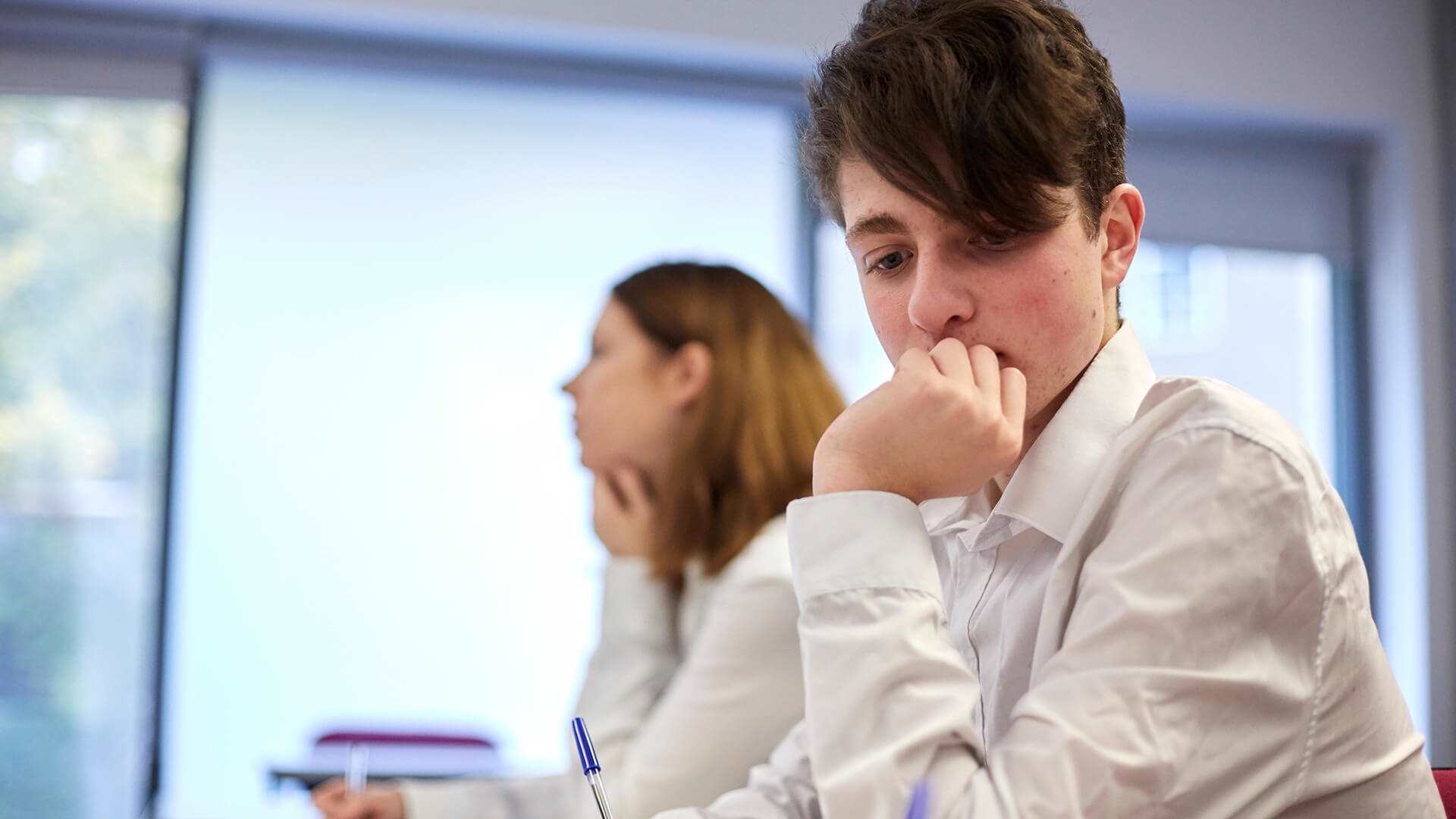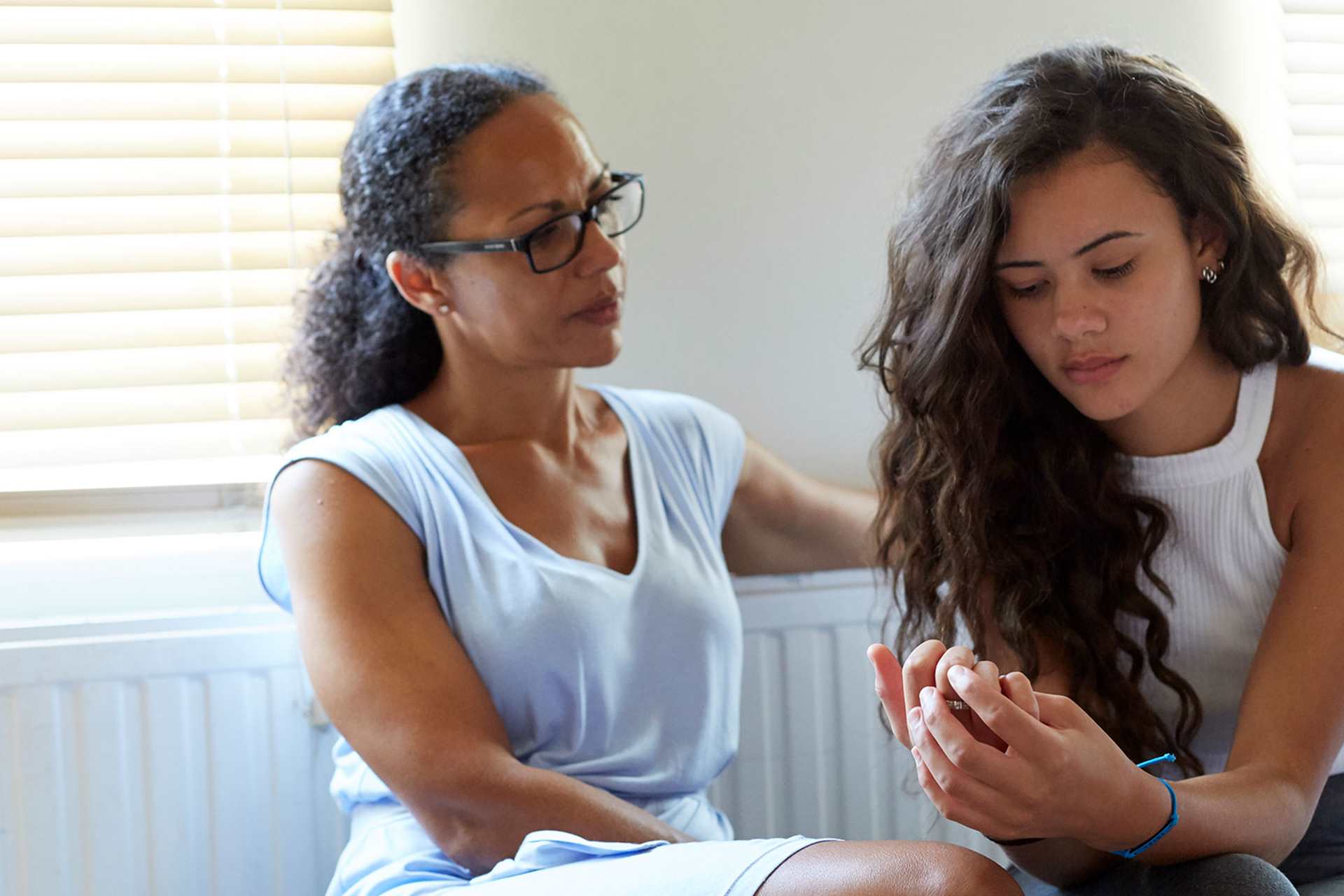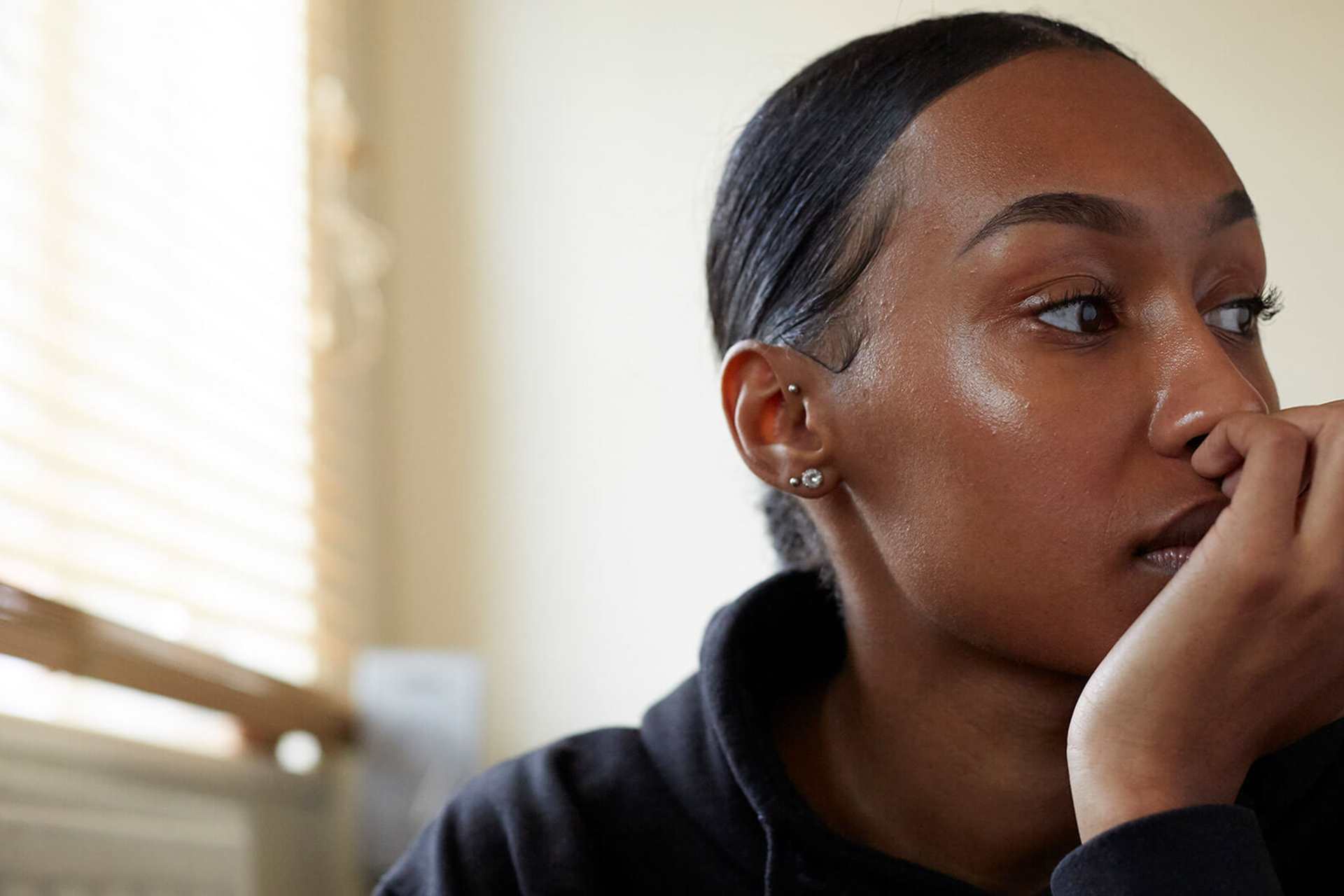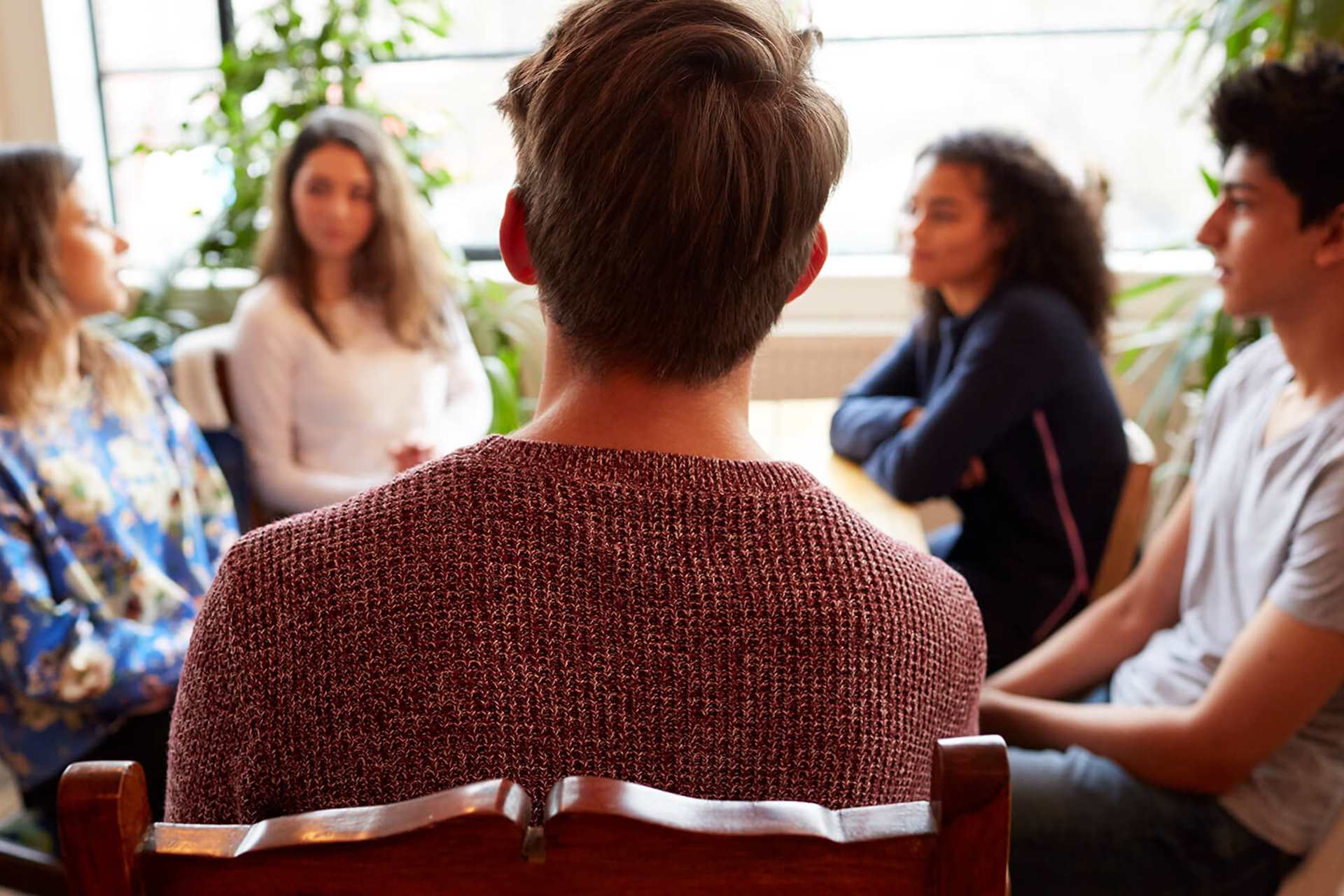Record numbers of young people are experiencing mental health problems, yet research from charity YoungMinds reveals many face stigma and discrimination when they try to get help.
According to recent research with almost 14,000 young people, 35% said that they had this negative experience when seeking support, including from teachers, GPs and other professionals.1
More than half (51%) of those surveyed said they were embarrassed or ashamed to reach out for treatment or support. Almost 4 in 10 (37%) said they didn’t want anyone to find out they were seeking help for their mental health.
The findings come against a backdrop of record NHS figures, with recent NHS data revealing that 2022/23 is set to see the highest ever number of referrals to Child and Adolescent Mental Health Services (CAMHS). A total of 241,791 young people were referred to the NHS in the first three months of this year - already half the total figure referred in the whole of last year.2
The findings also come alongside research with teachers across England in which they said the mental health of more than half of their students (55%) continues to be impacted by the pandemic.3
Today, on World Mental Health Day, leading charity YoungMinds is highlighting the lack of progress made with young people’s mental health. To mark this, across the country, thousands of families, classrooms and workplaces are coming together to say #HelloYellow by wearing yellow to show young people they are not alone with their mental health, and how they feel matters.
The number of young people needing mental health support is growing every day but too many face barriers when they try to get the right support. Whether it’s the response they get from the adults around them, or the long NHS waiting lists, it’s a constant battle for young people just to feel heard. While societal stigma has improved around mental health, too many young people are still experiencing it when reaching out for support.
We can’t let young people face these challenges alone. They have to know that how they feel matters and they deserve to get the right support, when they ask for it. By raising money for YoungMinds, we can create real change - change in government, better support and improvement to the lives of young people who so desperately need it.
Wearing an item of yellow for #HelloYellow is one little thing we can all do to support the young people in our lives and by raising vital funds for YoungMinds, we can make sure no young person feels alone with their mental health.
[1] 13,887 young people aged under 25 completed YoungMinds’ survey between 13 June 2022 and 7 July 2022. This sample was self-selecting and is not nationally representative. The responses were shared anonymously with the Government as part of its call for evidence for the ten-year Mental Health Plan.
[2] This figure is taken from the NHS Digital (2019-22) ‘Mental Health Services Monthly Statistics 2019-22.’ Published September 2022.
[3] The survey was carried out by research company Censuswide between 26 August – 5 September 2022. A total of 1,002 primary and secondary school teachers aged over 21 in the UK participated. Censuswide abides by and employs members of the Market Research Society which is based on the ESOMAR principles.
YoungMinds previously published results from surveys with young people about the mental health impact of COVID-19.
YoungMinds is currently campaigning for the Government to #EndTheWait and deliver on its promise to end the crisis in young people’s mental health.
About YoungMinds
YoungMinds is the UK’s leading charity fighting for young people’s mental health.
Follow us on Twitter @YoungMindsUK and Facebook.
For free advice and support for parents, call our helpline on 0808 802 5544.



